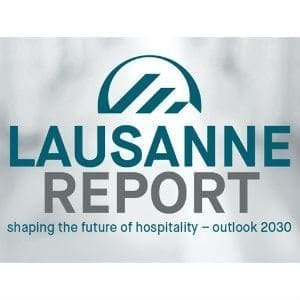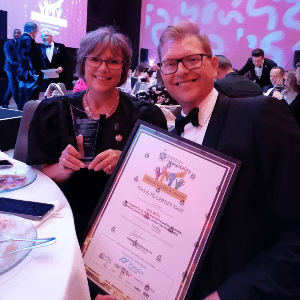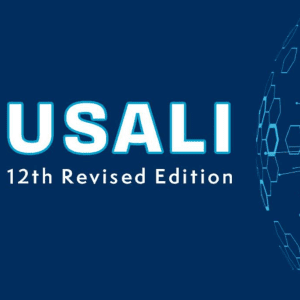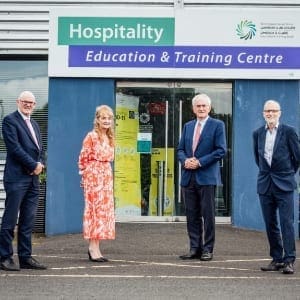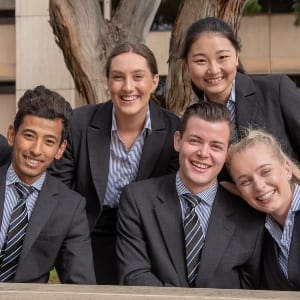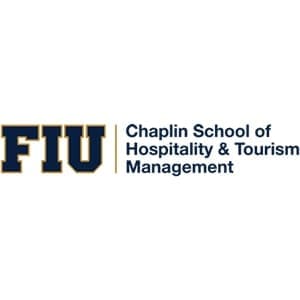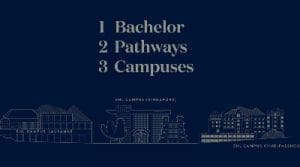Ranging widely the topics have included; the importance and sustainability and the green agenda. the dynamics and changing needs of customers, the importance of delivering an authentic experience over just delivering a service and the centrality of the customer and their constantly changing expectations.
The complexities of understanding service excellence relationships were highlighted by the speakers who were keen to emphasise how developing a service excellence culture makes and important contribution to the bottom line.
In drawing together the elements of both the theoretical and the practice of delivering service the essential message remains that delivering and ‘being hospitable’ . Being hospitable is more than just a process, it more than service design , it is more than measuring customer satisfaction, it is far more than theory it is actually being and believing. Being hospitable is much more than ‘service with a smile’, it is creating a culture that reaches all part of the organisation from the top to the bottom. Creating the service culture is much more, it is focussing on the experience, not just for the customer but also for the staff. They are an integral and most important part of the experience, it is through the staff that the customer can understand the true nature of the experience.
Authentic, empathy, empowerment, confidence, participation, enthusiasm are all equally important in creating that one off unique experience, and they are the result of a shared understanding and commitment to a service excellence culture.
The key questions for EUHOFA Congress members as educators are equally valid for the industry. Does hospitality education and train really tackle these important dimensions that encapsulate being hospitable and can that be taught in the classroom?
One speaker did raise the importance of that challenge and posed the question of the relevance of aspects of the hospitality curriculum, in meeting the needs and the changing industry expectations. The future of the industry of tomorrow is the students of today, their importance should not be underestimated, the industry and educators alike need them to more than just understand the theory, we need them to understand, believe and be truly ‘hospitable’.
Responding to the challenge
For hotel schools, the discussions around the complexity of the changing needs of hospitality customers often focus around the changing dynamics from a theoretical point of view. The educators want to understand the influences that impact on the hospitality customer, the changing technology, changing expectations, speed of communications and the use of social media are all relevant areas of study. However one aspect of this that is rarely considered is that it is those very same influences that are impacting on the hospitality students. They in themselves are customers too, not just of hotel schools but also of the wider hospitality industry. They are consumers of hospitality services, they are influenced by the same changes as the wider hospitality customer. They are the smart phone savvy generation, they respond to social media, they have global expectations and influences far beyond the confines of the classroom.
The challenge for hotels schools is to manage the expectations of those unique groups by recognising that the hospitality curriculum also needs to change and that those students can make a significant contribution in often unexpected ways.
Often institutions are constrained in making changes, the structure and regulation of courses and qualifications get in the way of dynamic change. How then can schools adapt and continue to develop at the same pace as the industry? Is it through the curriculum or could it be by embracing the wider experiences of ‘learning’. A changing perspective from teaching to learning results in a more dynamic, more participative experience, one of learning by and through experience.
Hospitality is a people business, it relies on personal interaction. The creation of the service experience, the development of professional attitude and skills, the very learning from experience, changes attitudes, behaviour and motivation that teaching on its own cannot.
Hospitality education is as complex as the industry it supports. It is often constrained by factors outside its control. By recognising the changing dynamics of service excellence and creating ‘learning experiences’ that incorporate and use the students experiences and expectations, rather than relying on abstract theoretical teaching, it is possible to brew what one speaker referred to as the ‘magic mix’ between the theory and the practice.
The culture that delivers service excellence cannot happen through policies, procedures and processes. It has to come from the person wanting to be truly hospitable.
With thanks to the speakers and the delegates of the 55th International EUHOFA Congress, and the staff and students to the Kenya Utali College as hosts, for creating a truly memorable and unique hospitality learning experience.
Professor Peter A Jones, was a delegate the EUHOFA Congress.




